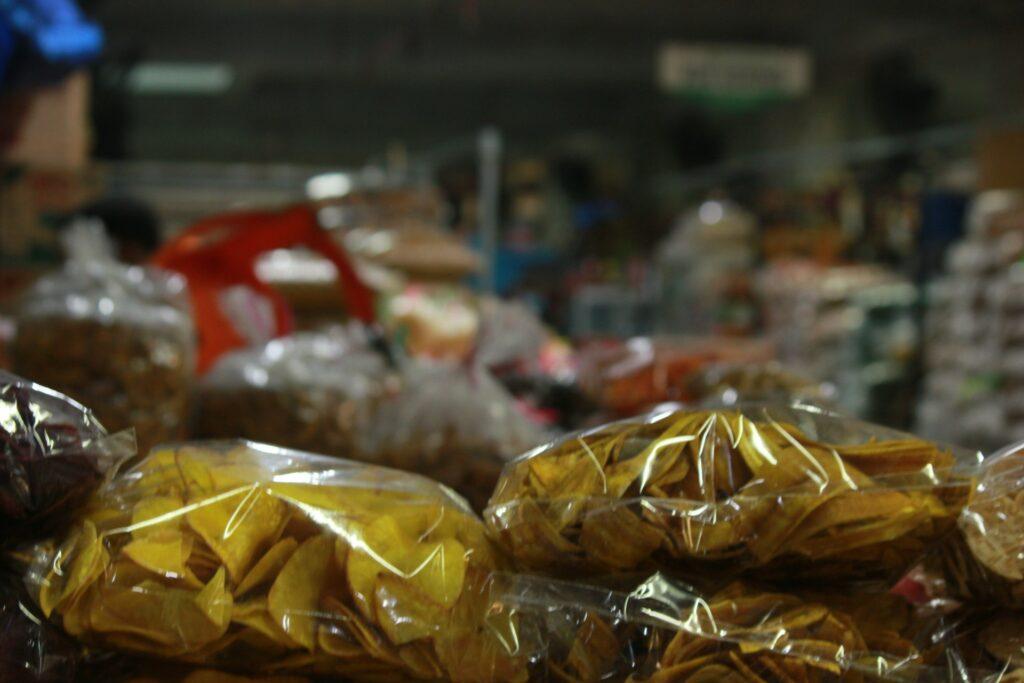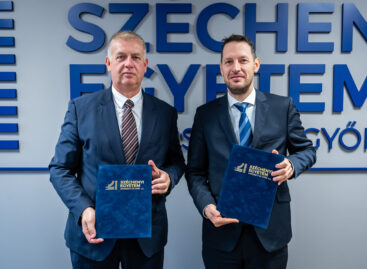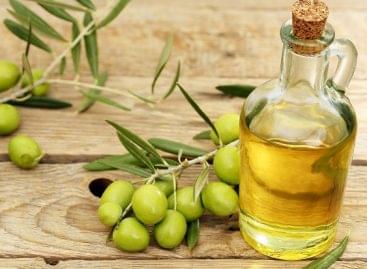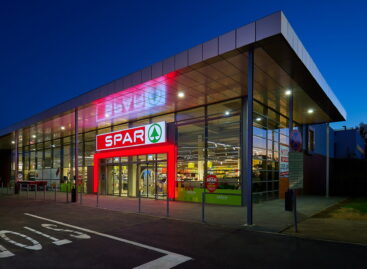Counterfeit food: a serious health and economic risk
Many people believe that primarily luxury goods are counterfeited, but in reality, any type of food can be affected – from pastries and sweets to pasta, cheese, olive oil, chips, or alcoholic beverages. Horváth Balázs, Communications Coordinator of the Hungarian Intellectual Property Office, warned on InfoRádió, adding that some counterfeit products may contain substances or ingredients that can cause illnesses or permanent harm to the body.
 The European Union Intellectual Property Office (EUIPO) has launched a campaign titled What’s on Your Table?, aiming to raise awareness of the dangers posed by counterfeit food and beverages. These products not only endanger consumer health but also cause serious economic damage. In Hungary alone, food and drink counterfeiting results in an annual revenue loss of around HUF 16 billion and the elimination of more than 270 jobs, while at the EU level, losses reach €2.2 billion annually, with nearly 5,700 jobs disappearing due to counterfeiters’ activities.
The European Union Intellectual Property Office (EUIPO) has launched a campaign titled What’s on Your Table?, aiming to raise awareness of the dangers posed by counterfeit food and beverages. These products not only endanger consumer health but also cause serious economic damage. In Hungary alone, food and drink counterfeiting results in an annual revenue loss of around HUF 16 billion and the elimination of more than 270 jobs, while at the EU level, losses reach €2.2 billion annually, with nearly 5,700 jobs disappearing due to counterfeiters’ activities.
Authorities regularly take action against counterfeiters. In a joint operation coordinated by Europol and Interpol last year, law enforcement agencies from 29 European countries, working together with food and beverage producers, seized 22,000 tons of food and about 850,000 liters of drinks (mainly alcoholic) worth approximately €100 million.
The issue manifests in three main areas: in addition to health risks, there are economic losses and damage to Europe’s culinary heritage. Geographical indications (GIs) – such as Tokaji wine, Kalocsa paprika, or Gyulai sausage – play a key role in helping consumers identify reliable, quality products and in protecting traditional producers. Currently, more than 3,600 EU products are registered with geographical indications.
The EUIPO also provides practical advice to help consumers avoid counterfeits:
-
buy only from official retailers or brands’ own websites,
-
check labels and certification marks,
-
carefully examine packaging and the product itself,
-
and use QR codes or holograms to verify authenticity.
Reports indicate that the production and distribution of counterfeit goods are often linked to organized crime. This not only harms consumers and legitimate businesses but also contributes to other serious crimes, such as money laundering, fraud, cybercrime, and even terrorism financing.
Authorities and experts alike emphasize that conscious consumer choices – buying from reliable sources and paying attention to labeling – are crucial to curbing counterfeits.
Related news
The Hungarian Intellectual Property Office provides a patent accelerator to Széchenyi István University
🎧 Hallgasd a cikket: Lejátszás Szünet Folytatás Leállítás Nyelv: Auto…
Read more >High school students are being taught about the risks of counterfeiting
🎧 Hallgasd a cikket: Lejátszás Szünet Folytatás Leállítás Nyelv: Auto…
Read more >Related news
Farewell day at the 60th anniversary EuroShop trade fair
🎧 Hallgasd a cikket: Lejátszás Szünet Folytatás Leállítás Nyelv: Auto…
Read more >









